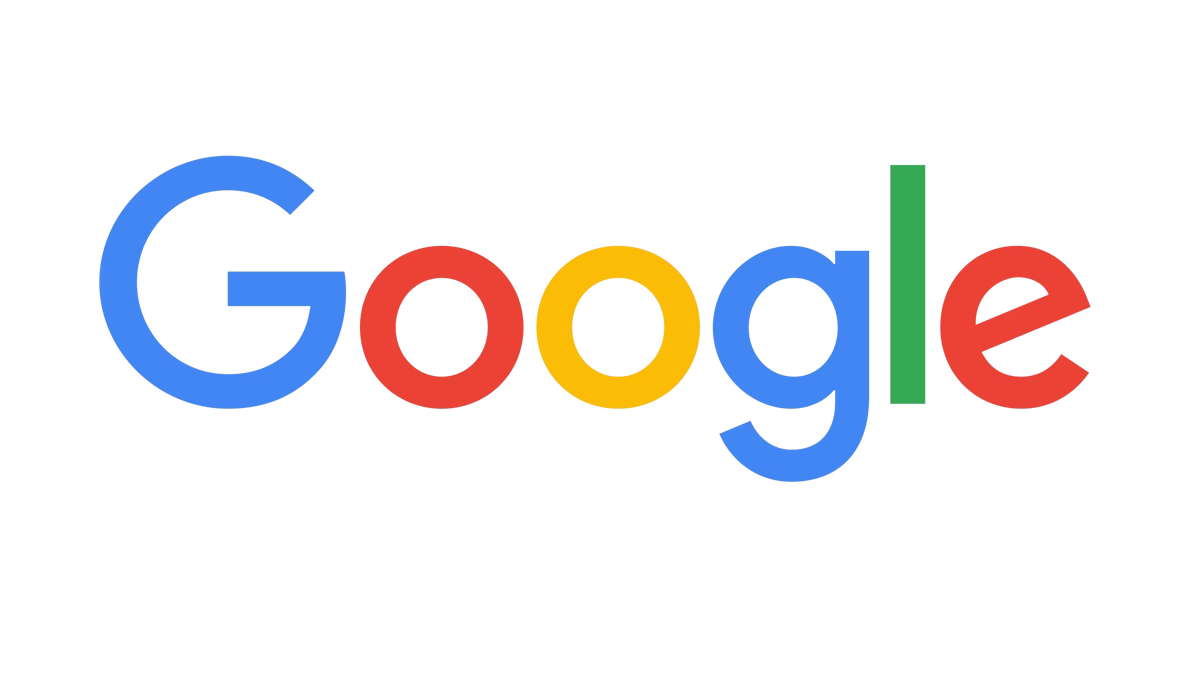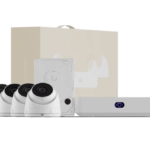Google’s parent company, Alphabet, saw its market capitalization surpass $3 trillion for the first time on Monday, making it the fourth company to join the exclusive group. The milestone, fueled by a stock surge of around 4 percent, comes amid a wave of investor optimism driven by the company’s aggressive AI strategy and a recent favorable antitrust ruling that removed a major cloud of uncertainty.
Alphabet now joins Apple, Microsoft, and Nvidia in the multi-trillion-dollar echelon, with artificial intelligence being the common thread binding them all. For Google, the rally was helped by a recent court decision that allowed it to retain control of its Chrome browser and Android operating system, quelling investor fears of a forced breakup. This legal win coincided with a serious push in the company’s AI efforts, which are beginning to pay off. The company’s AI model, Gemini, became the number one free app on Apple’s App Store on Monday, and its cloud-computing unit has seen significant revenue growth thanks to AI investment.
With its shares up over 32 percent this year, Alphabet is the best-performing member of the “Magnificent Seven” stocks. It’s a sign that investors are starting to see the company as more than just a search and advertising giant, rewarding its diversification into AI, cloud, and other ventures.
Big Tech’s AI bonanza
The AI-driven market boom extends far beyond Google. Nvidia, the “ultimate AI darling,” became the world’s first-ever $4 trillion company earlier this year on the back of its dominance in the AI chip market. Microsoft also breached the $4 trillion mark in July after reporting stellar earnings for its Azure cloud platform, which has been supercharged by its AI offerings.
The excitement has even created new titans. Oracle saw its shares surge an astonishing 36 percent in a single day last week after it pointed to a huge spike in demand from AI firms for its cloud services. The AI trade is so dominant that eight AI-related companies now account for nearly 30 percent of the S&P 500’s entire value.
A bubble of ‘overexcited’ investors?
While tech giants rake in trillions, a nagging question continues to plague investors: is this all a massive bubble? Some experts, including OpenAI CEO Sam Altman, think so. “Are we in a phase where investors as a whole are overexcited about AI?” Altman said last month. “My opinion is yes.”
This skepticism is backed by some troubling data. A recent MIT report found that fewer than one in ten corporate AI pilot programs have actually generated revenue gains. Furthermore, a McKinsey report noted that while many companies are experimenting with generative AI, over 80 percent say it has had no “tangible impact” on earnings. Some economists are even drawing parallels to the dot-com bubble, with one calling the current AI situation even worse than the 1999 crash.
Wall Street’s AI-powered disconnect
The market’s current structure is adding fuel to the bubble fears. The stock market’s record highs are overwhelmingly driven by a handful of AI-linked companies, creating a situation where Wall Street’s performance is increasingly disconnected from the broader economy, which is flashing recessionary signals. The top seven tech stocks now make up 35 percent of the S&P 500’s market cap.
This has created a powerful, self-reinforcing cycle. Companies like Microsoft, Meta, and Alphabet are collectively pouring over $400 billion into AI capital expenditures this year, with a massive portion of that going to buy Nvidia’s chips. In fact, these companies account for over 40 percent of Nvidia’s revenue. If these tech giants were to pull back on their immense AI spending, it could cause a cascade effect, potentially popping the bubble and sending ripples across the entire global market.
Sources
- Gizmodo: Fueled by AI Hype, Google Becomes Fourth Company to Pass $3 Trillion Market Cap
- Reuters: Alphabet enters $3 trillion market cap club as Big Tech’s AI momentum builds
- Fortune: Google’s parent, Alphabet, reached a $3 trillion market valuation for the first time on Monday
- Reuters: Oracle’s blockbuster surge shows AI trade’s growing influence on market
- Axios: The massive AI bubble, by the numbers
- Axios: AI stocks are clouding recessionary signals







